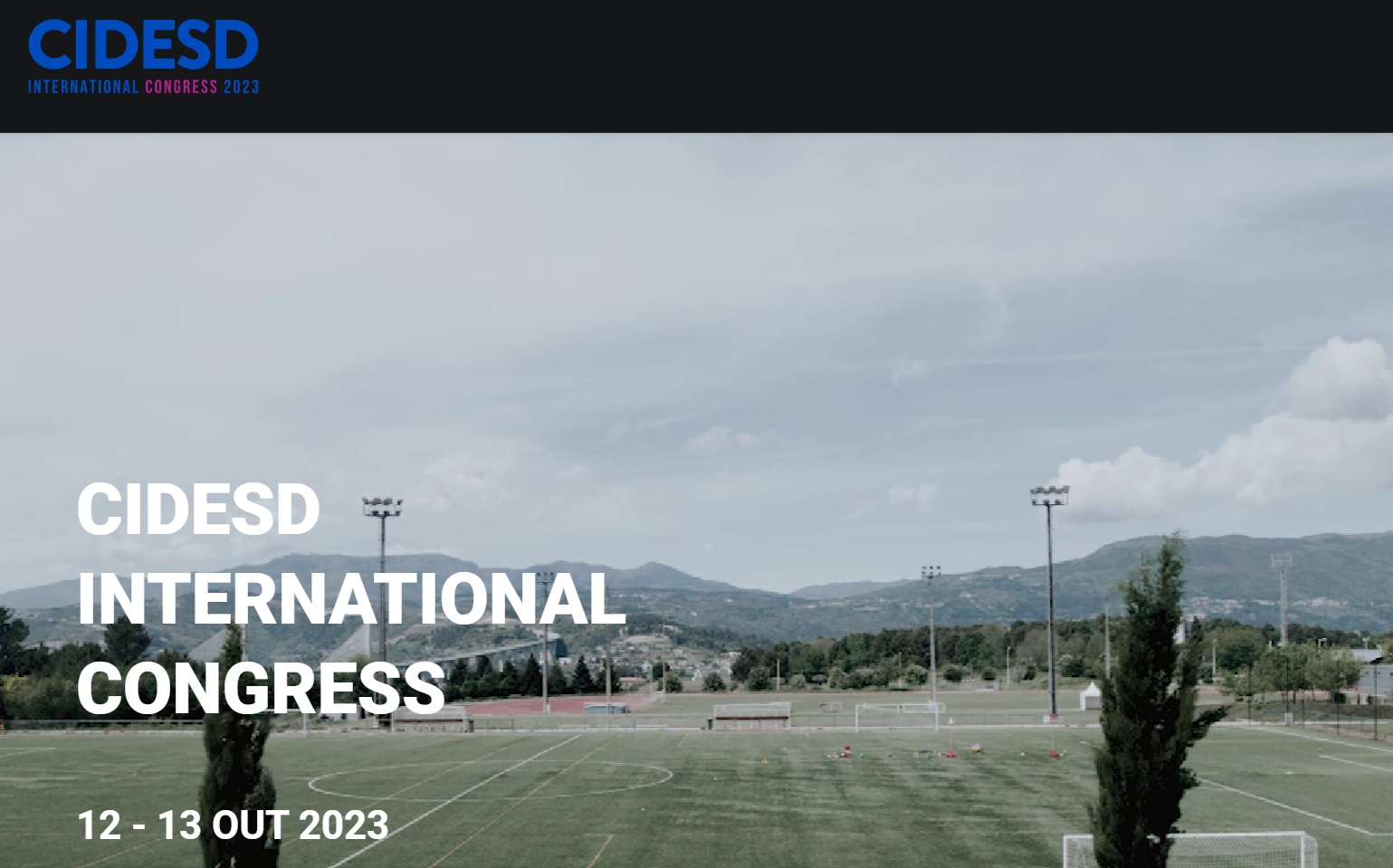A 20-minute rest period after warm-up impairs repeated sprint ability of elite roller hockey players: a pilot study
DOI:
https://doi.org/10.6063/motricidade.31781Palabras clave:
Activation, Fatigue, Performance, Team Sports, CompetitionResumen
After the warm-up, roller hockey players undertake up to 20 minutes of recovery prior to starting the match. Moreover, during the match, the use of skates prevents substitute players from executing explosive exercises as part of a rewarm-up. These factors can lead to a decrease in the anaerobic performance in the early minutes of game participation. Thus, the aim of this study was to investigate the effects of the rest period duration after warm-up on repeated sprint ability and on roller hockey athletes' subjective predisposition to the task. Four elite athletes from the 1st Portuguese league were exposed to 3 interventions over 3 consecutive weeks, which were characterised by performing a stationary warm-up, followed by a passive recovery period (10, 20 and 30 minutes). Then, athletes performed a repeated sprint test consisting of 6x20m straight line sprints interspersed with a 20-second passive recovery period between sprints, where the total sprint time (RSAtotal) and mean speed (Speedmean) in the last 10 meters of the sprint were registered. Fatigue and predisposition for the task were also registered prior to the warm-up and the repeated sprint test using a Fatigue Scale and a Visual Analog Scale, respectively. Statistically significant increases were observed in the RSAtotal as the recovery increased (X2=6.50; p=0.039). Post hoc analysis with Durbin-Conover tests indicated that participants performed the repeated sprint test significantly faster when the prior rest period was 10 minutes (M=19.8; Mdn=19.8), revealing statistically significant increases for the conditions 10vs20’ (p=0.012) and 10vs30’ (p=0.003). Although not significant (p=0.087), a moderate effect size (Cohen’s d, CI 95%) was found in the Speedmean for the condition 10vs30’ (-1.17 [-1.76;-0.58]). The main findings of this study reinforce the need to adopt strategies that might attenuate the negative implications of long rest periods on the anaerobic performance of elite roller hockey athletes.
Descargas
Publicado
Número
Sección
Licencia
The authors of submitted manuscripts must transfer the full copyright to Journal Motricidade / Sílabas Didáticas Editions. Granting copyright permission allows the publication and dissemination of the article in printed or electronic formats, and copyrights start at the moment the manuscript is accepted for publication. It also allows Journal Motricidade to use and commercialise the article in terms of licensing, lending or selling its content to indexation/abstracts databases and other entities.
According to the terms of the Creative Commons licence, authors may reproduce a reasonable number of copies for personal or professional purposes, but without any economic gain. SHERPA/RoMEO allows authors to post a final digital copy (post-printing version) of the article on their websites or on their institutions' scientific repository.


